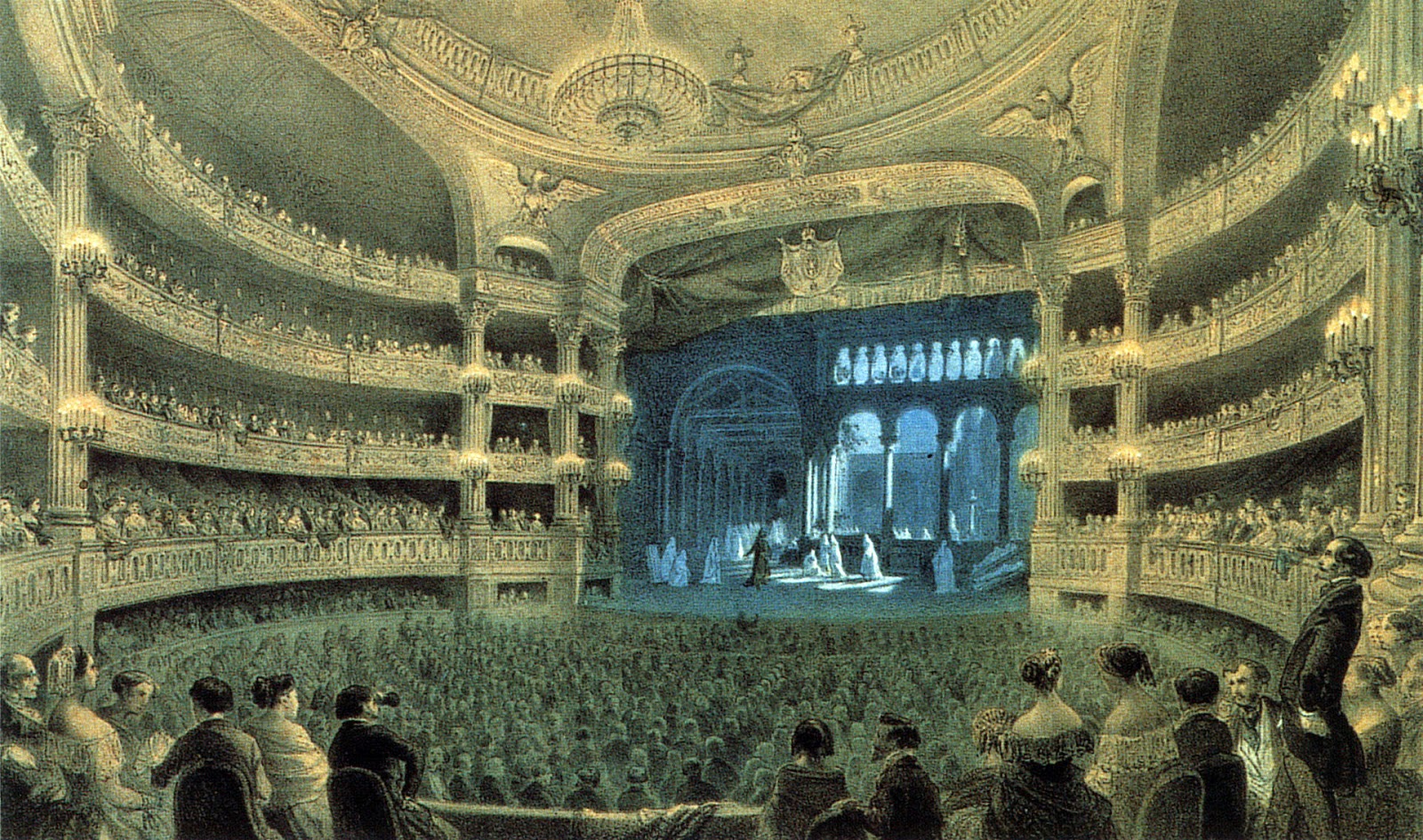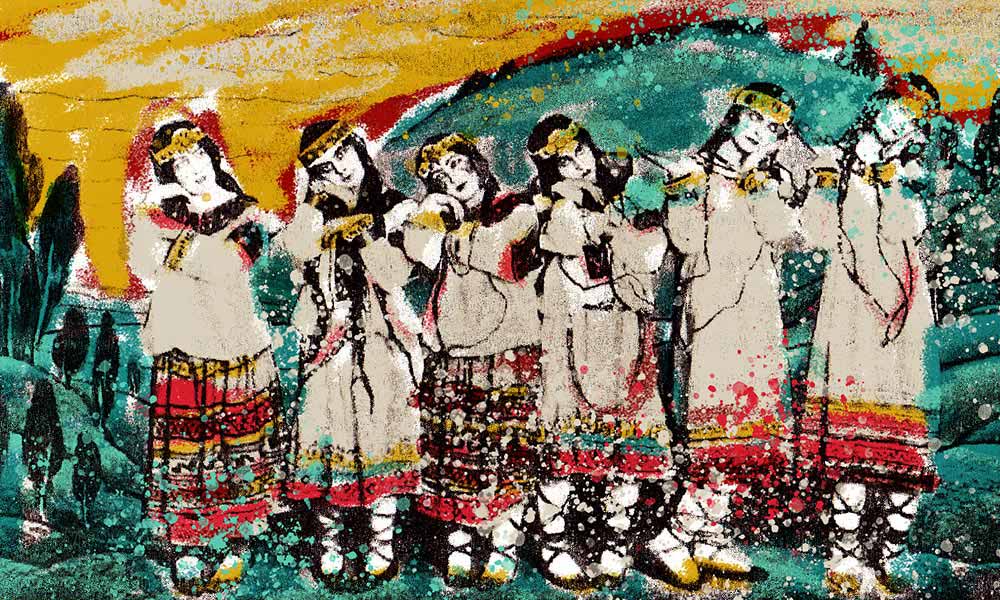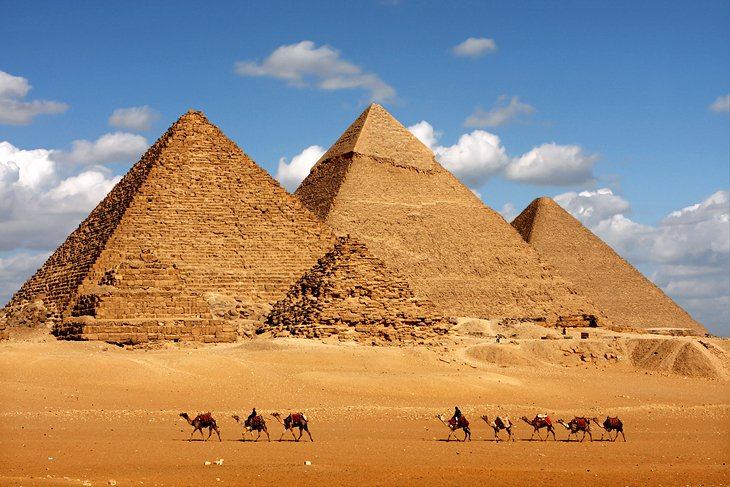The famous Harvard University is the oldest educational institute in the United States. Located in Cambridge, Massachusetts, it is known for its excellence in learning, research, and teaching across many disciplines. The faculty of Harvard pushes the boundaries of human knowledge. With over 360,000 alumni from its twelve degree-granting Schools, the university contributes creatively and significantly to society, business, the arts, and sciences, as well as national and international affairs.
The university provides some free, online courses in Arts and Designs that are worth enrolling for. These courses introduce you to the period significant to the course, the society at that time, the cultural influences, and the artists’ contemporaries. Most free courses are on music, but they do not require you to have any prior music experience. Read further to know more about Music and Archaeology courses at Harvard University.
RELATED: 8 Arts and Design courses at Harvard University
Beethoven’s 9th Symphony and the 19th Century Orchestra
The course introduces you to identify the orchestral music of the 18th as well as the 19th Along with this, you will be able to understand the instruments used and assess the voices of the orchestra. The course will also help you in appreciating the famous 9th symphony of Beethoven. Thomas Forrest Kelly will teach you to assess and learn the basics and styles of the musical forms.
Duration: 3 weeks (requiring 3 to 5 hours each week)

18th-Century Opera: Handel & Mozart
The course is an introduction to the interaction between the singers and the orchestra. It teaches you the basics of Baroque opera and the characteristics of Classical music. The representative techniques of Mozart, in which he represents characters through music, is a key focus here. The cultural and social contexts of Mozart’s and Handel’s operas are taught to be compared.
Duration: 5 weeks (requiring 3 to 4 hours each week)

19th-Century Opera: Meyerbeer, Wagner, & Verdi
An introduction to opera where you get to learn about the musical details and the cultural influence of each opera. You get to know about the technology and the people that make opera such a wonderful experience. Learn about the periods of opera, their characteristics and the social context of the period. Explore Wagner’s use of the musical themes to tell his story and the advancements in opera. Verdi’s opera, Otello, based on the Shakespearean tragedy was influenced by Richard Wagner, a contemporary. Learn about the relevance of these three operas to the musical landscape of today.
Duration: 6 weeks (requiring 3 to 5 hours each week)

Stravinsky’s Rite of Spring: Modernism, Ballet, and Riots
The ‘Rite of Spring’ was premiered in 1913 in Paris. Thomas Forrest Kelly tells the students about the ‘Rite of Spring’ along with the contributions of Stravinsky and his collaborators. The learners explore the development of the ballet, the rehearsals, the performance and the reason why it challenged its listeners and continues to do so even today. Learn about its choreography, the orchestral techniques and the first performance and its subsequent fame. The learners need not have any prior experience of music.
Duration: 3 weeks (requiring 3 to 5 hours each week)

Handel’s Messiah and Baroque Oratorio
This course introduces Baroque era and Handel’s oratorios, due to which he gained his popularity. It also gives you an idea about Handel’ Messiah that premiered in 1742 in Dublin. The students are given insights into the musical highlights of Messiah, while also focusing upon the composition process, rehearsals and the premier performance of Handel. Also learn about the basics of musical form, the genres, styles and analysis as used in the Messiah. Know about the premier performance of Messiah and its subsequent fame in the pages of history.
Duration: 3 weeks (requiring 3 to 5 hours each week)

First Nights: Berlioz’s Symphonie Fantastique and Program Music in the 19th Century
After Beethoven’s ninth symphony, Hector Berlioz decided to make symphonies but according to himself. Learn about the five-movement symphony and a program to explain it. The students explore Berlioz’s Symphonie Fantastique that paved a new way in nineteenth century music. Also learn the key features of the Romantic music style, the debates regarding ideas of musical narrative of the 19th century, the compositional process of Berlioz, the innovative orchestration and the reception of the highly controversial narrative instrumental music.
Duration: 3 weeks (requiring 3 to 5 hours each week)

Pyramids of Giza: Ancient Egyptian Art and Archaeology
It is an introduction to the discovery of the Pyramids along with the significance they hold both culturally and religiously. The pyramids help us appreciate Egyptian Art and how we are visualizing them in a new light using digital technologies. The course will teach about the Egyptian pharaohs, the art, history, and archaeology associated with the pyramids.
Duration: 8 weeks (requiring 2 to 4 hours each week)

This was all about Music and Archaeology courses at Harvard University.




















